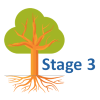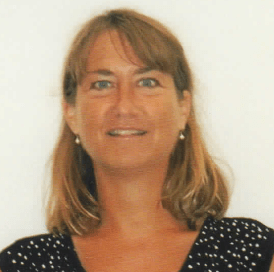Correspondence analysis is a powerful exploratory multivariate technique for categorical variables with many levels. It is a data analysis tool that characterizes associations between levels of two or more categorical variables using graphical representations of the information in a contingency table. It is particularly useful when categorical variables have many levels.
more categorical variables using graphical representations of the information in a contingency table. It is particularly useful when categorical variables have many levels.
This presentation will give a brief introduction and overview of the use of correspondence analysis, including a review of chi square analysis, and examples interpreting both simple and multiple correspondence plots.
Note: This training is an exclusive benefit to members of the Statistically Speaking Membership Program and part of the Stat’s Amore Trainings Series. Each Stat’s Amore Training is approximately 90 minutes long.
About the Instructor
 Dr. Jessica Thomson works as a research epidemiologist for the USDA Agricultural Research Service’s Delta Human Nutrition Research Program.
Dr. Jessica Thomson works as a research epidemiologist for the USDA Agricultural Research Service’s Delta Human Nutrition Research Program.
Dr. Thomson has a broad background in statistics, with specific emphasis on nutritional epidemiology as it relates to obesity. Her current projects include the design, implementation, and evaluation of nutrition and physical activity interventions targeting the prevention of obesity in adults and children, as well as identification of dietary patterns in nationally representative child data sets.
She has a PhD in mathematical statistics.
Just head over and sign up for Statistically Speaking. You'll get access to this training webinar, 130+ other stats trainings, a pathway to work through the trainings that you need — plus the expert guidance you need to build statistical skill with live Q&A sessions and an ask-a-mentor forum.

I am a big fan of CA/MCA… but I stand ‘almost’ alone in the southern hemisphere. Unfortunately, CA is virtually unknown in Australia. So when I tell/teach about it, the topic is met with resistance.
Love to sit in on the BB program on CA – time differences means I won’t be able to do it live (and I am also attending a leximancer course: see https://www.issr.uq.edu.au/mfsas-stream-d).
Will the BB be recorded?